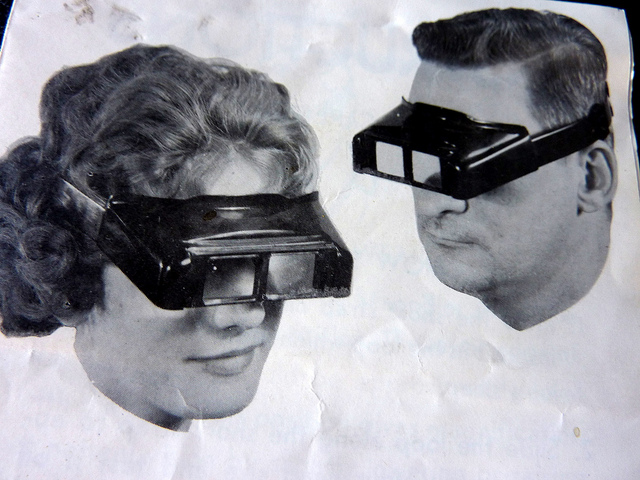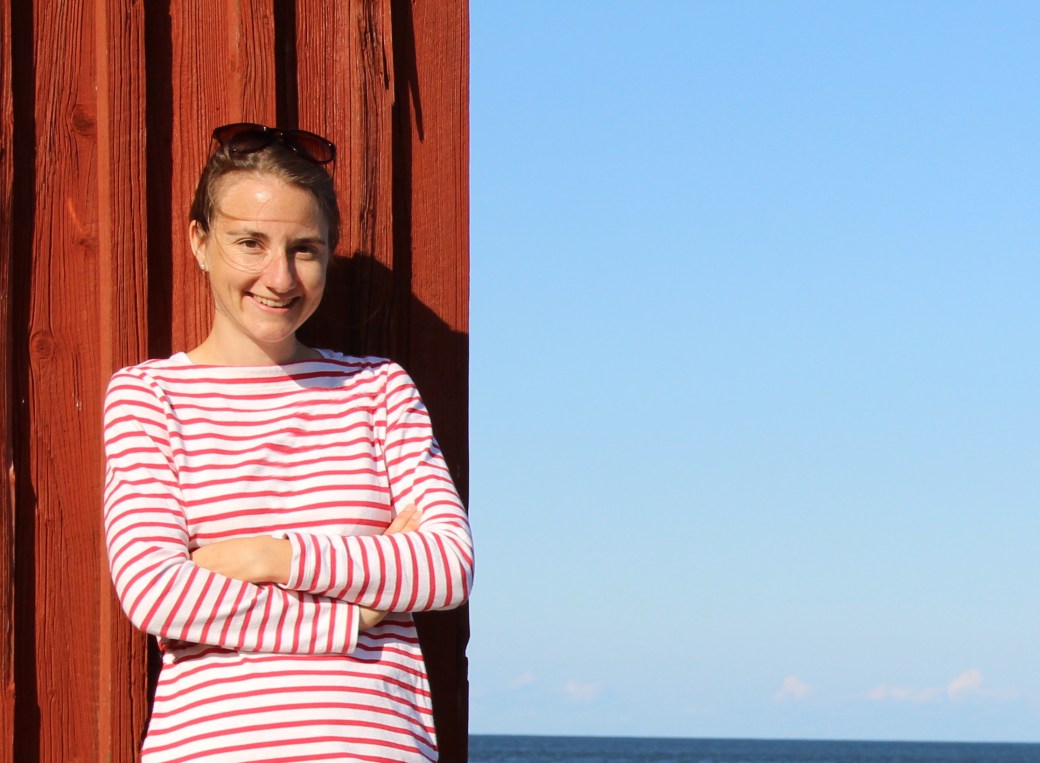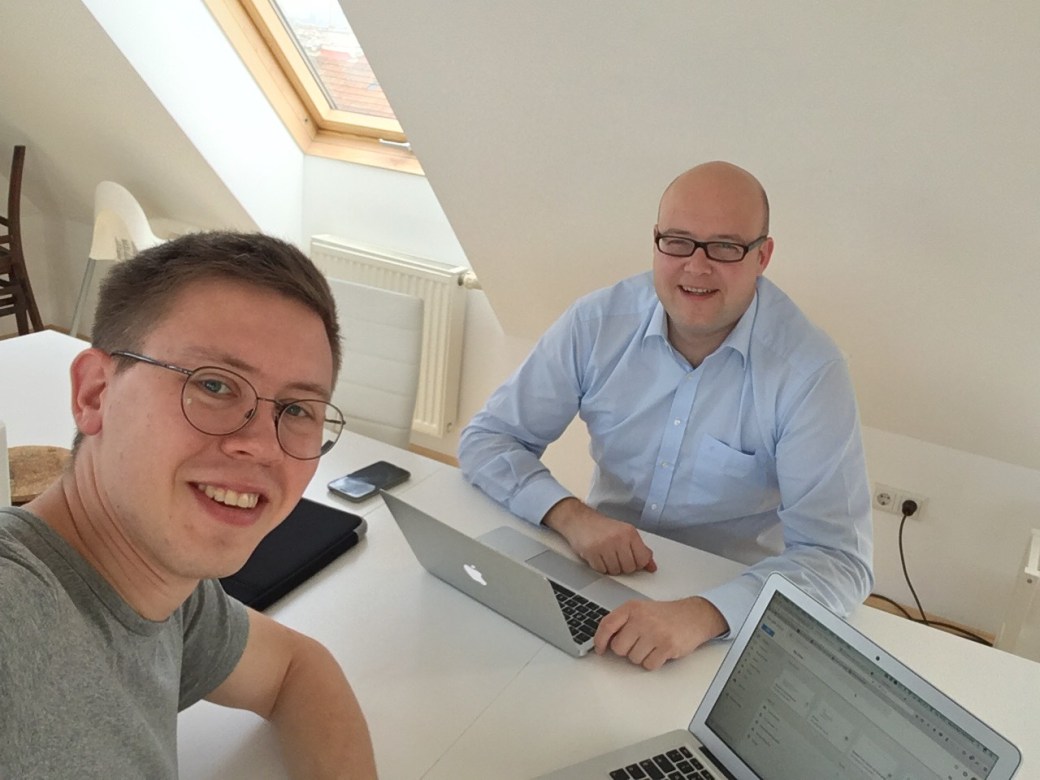We start this blog with at least three aims in mind:
Documentation: Working from two different geographical locations – Innsbruck in Austria and Witten in Germany – we use this blog as a log-file to keep track of our progress. We will document key decisions, reflect on problems we encounter, and first and foremost the content of the textbook itself (see “Textbok-in-Progress”).
Communication: This textbook should not just be about the process of organizing openness, but should also be an experiment in open organizing in itself. Through this blog we want to engage in conversation with students, scholars and practitioners early on. We hope to collect feedback and new ideas.
Access: Open Educational Resources should be accessible by anyone for any purpose and at no cost. Through this blog, anyone will be able to easily access and download the textbook in different formats (e.g. ODF, PDF). As we progress, we also want to make additional materials like slides, training questions, and videos available via this blog





